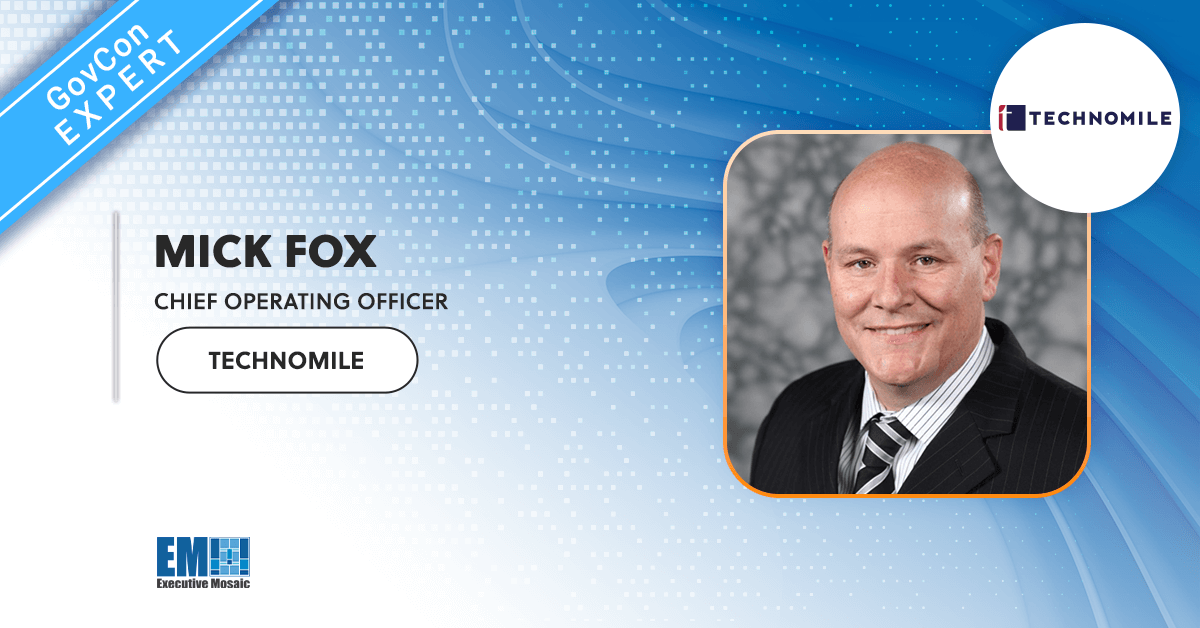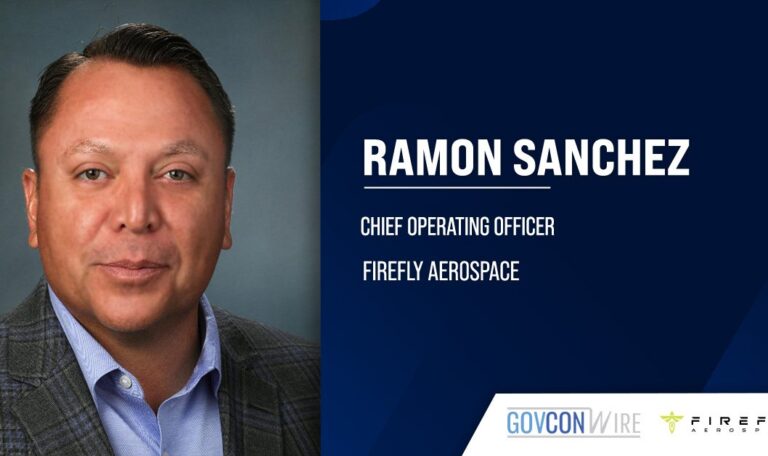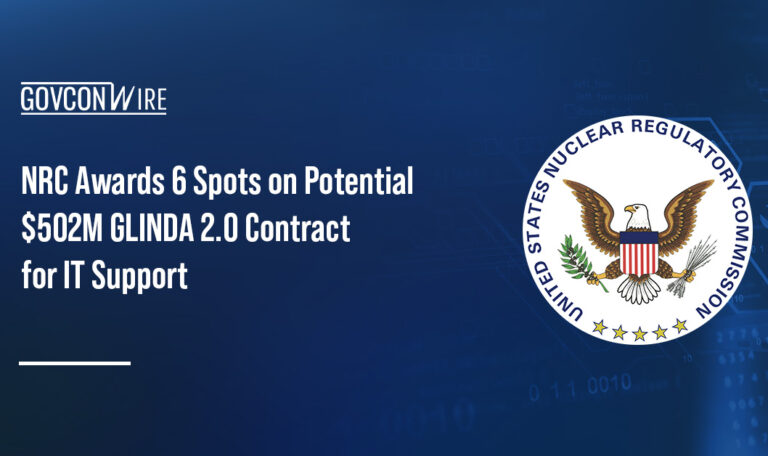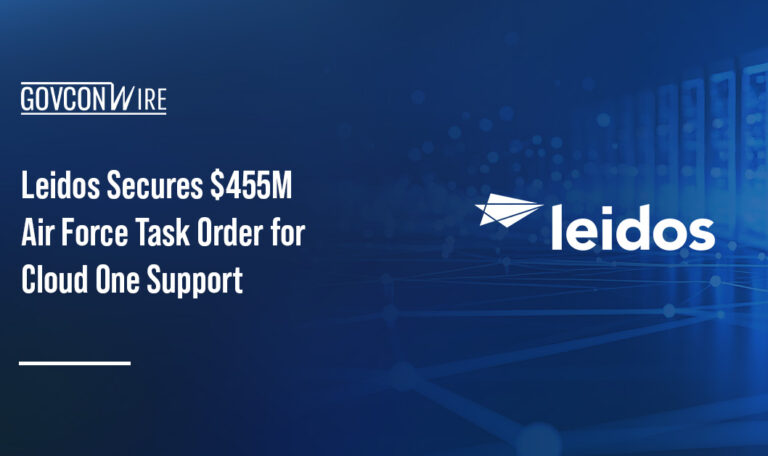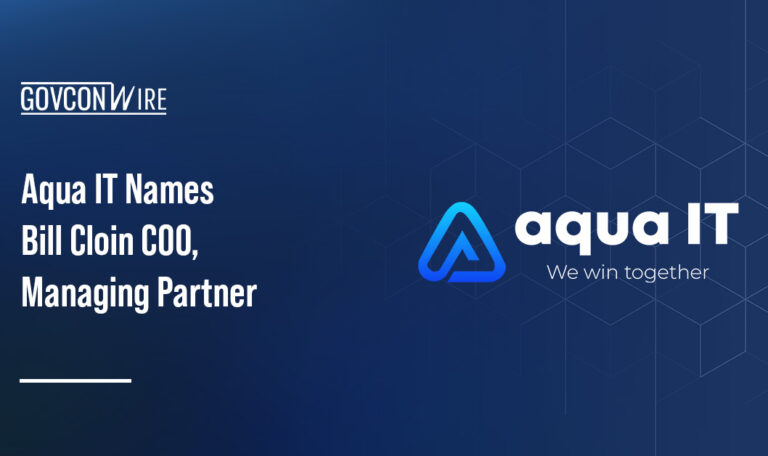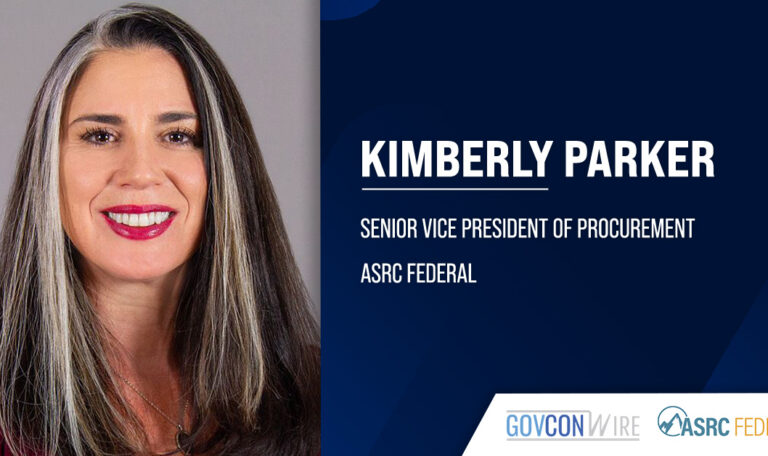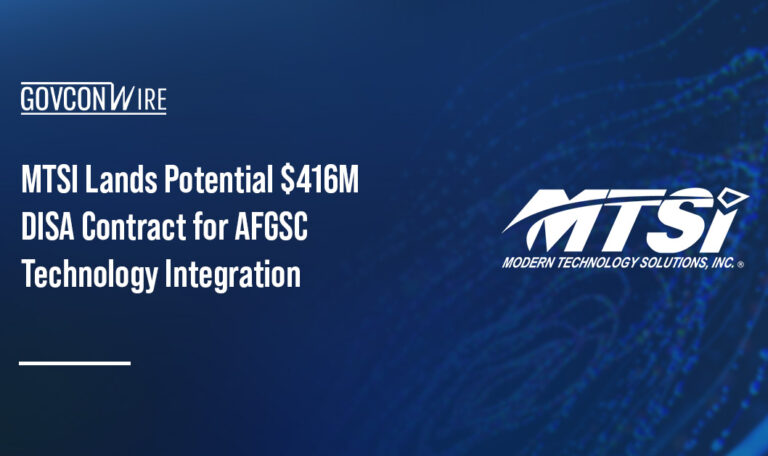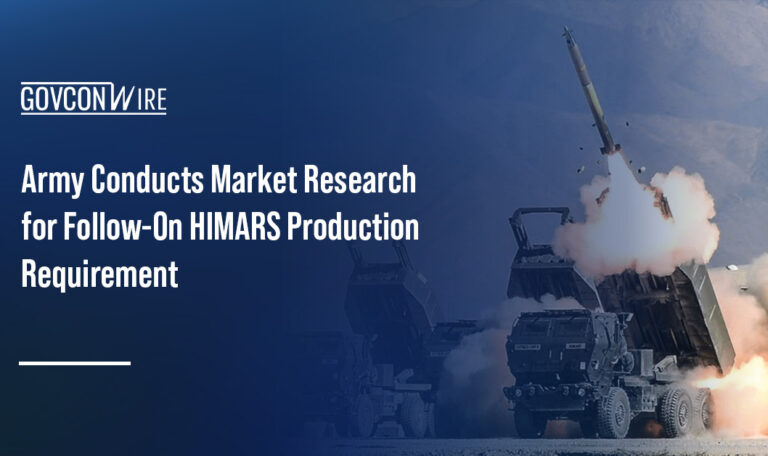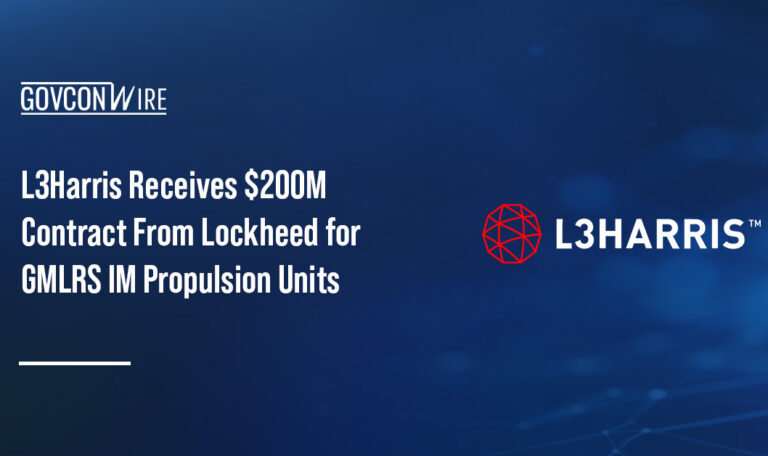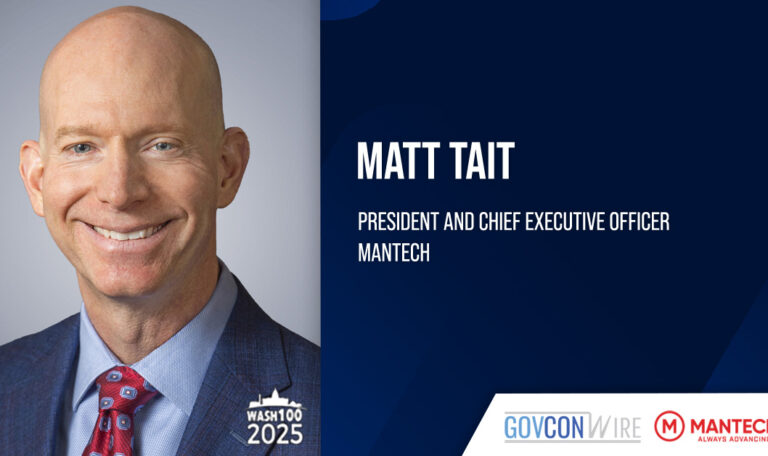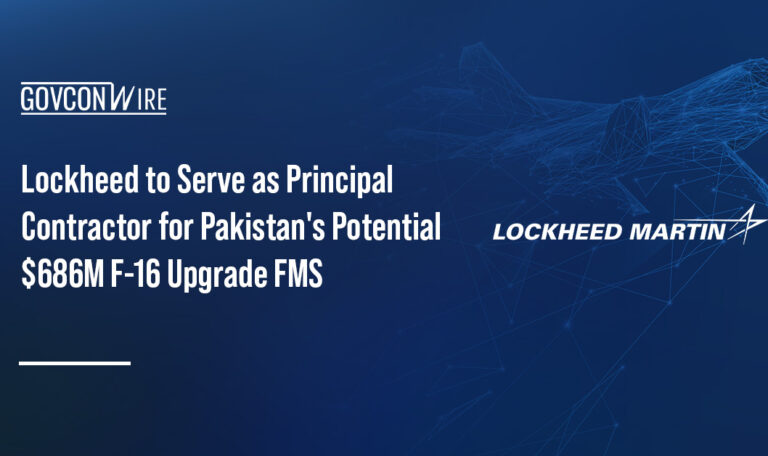By Mick Fox, Chief Operating Officer, TechnoMile
Your organization successfully wins federal business because of its unique capabilities, qualifications, and past performance. We hire individuals who are specialists at their roles and bring particular expertise to the table. In our personal lives, we rely on experts as well – from health care to financial planning to the contractors who help us maintain our homes. And we certainly want our favorite sports team to be comprised of players with superior skills at each position (go Cowboys!). I’m hard pressed to think of many areas in life where specialization does not yield a clear advantage. In short, domain expertise is indispensable.
In one of my prior articles, I shared the clear advantages of domain expertise in the context of implementing a Contract Lifecycle Management, or CLM, solution – how companies within the aerospace and defense sector will see better outcomes and derive greater value from their CLM when they partner with a vertical CLM solution provider focused on the A&D industry, rather than a “generalist” CLM vendor that serves a multitude of industries and lacks a deep understanding of the complexities and regulatory requirements of the federal market. Today, I want to zero in on the importance of domain expertise when it comes to harnessing the power of AI to streamline and enhance your contracts workflows.
Trust is a Must
As noted by Forrester Research in its recent The Contract Lifecyle Management Platforms Landscape, Q3 2024 report, “GenAI has the ability to transform contract lifecycle management – a labor-intensive business process – and give businesses unique insight into existing third-party relationships.” Indeed, many CLM vendors have begun to incorporate AI-powered capabilities that leverage generative AI and Large Language Models, or LLMs, into their platforms. But with this advancement have come vital questions regarding trust – i.e., what level of confidence can you have in a CLM provider’s AI technology? Are the results that it delivers accurate and reliable? One of the most critical factors that determines the efficacy of an AI model is the quality of the data that was used for its training. And, when a model will be used within a specific industry sector, like aerospace and defense, domain-trained AI models are crucial to producing trustworthy outputs.
The Secret Sauce
What exactly is a domain-trained AI model? It starts with a broad LLM that’s been trained on a vast assortment of sources, so it develops a wide-ranging understanding that’s applicable across a variety of domains – a familiar example in the enterprise world is Microsoft Azure OpenAI Service. But then you add the secret sauce: domain expertise. The software vendor then enhances and fine-tunes the broad model using data and documents specifically aligned to a particular domain or industry – in this case, aerospace and defense contracts. This type of domain-specific training enables an AI model to more effectively discern the patterns, correlations and anomalies that are unique to federal contracts, ultimately maximizing the model’s effectiveness.
Unique Complexities, Magnified Urgency
As a company selling to the U.S. government, your organization faces unique contractual complexities and a demanding regulatory environment found in few, if any, other industries. This magnifies the urgency of understanding how a CLM provider’s AI models are being trained before choosing to adopt them – particularly when it comes to “generalist” CLM vendors that serve a wide range of industries’ commercial contracting needs. As you might imagine, a model trained using commercial contracts rooted in the Uniform Commercial Code is unlikely to produce reliable, trustworthy results when you present it with a federal contract governed by the Federal Acquisition Regulation. For the best – meaning the most accurate and trustworthy – results, consider partnering with a vertical-specific CLM vendor focused on the A&D sector that trains its AI models using domain-specific content, such as forms used for federal acquisitions as well as A&D-specific subcontracts and purchase orders.
Domain-Trained AI Ramps up ROI
So how does all this translate to enhancing the value that your organization derives from its CLM platform? Here are three examples showcasing how domain-trained AI can help ramp up CLM ROI:
- Enhanced Accuracy and Performance: Whether digitizing an award notice to intake a new federal contract or ingesting a contract’s deliverables, CDRLs and other obligations for tracking in the CLM, domain-trained AI models excel at accurately and efficiently extracting crucial, industry-specific details and enabling rapid validation of the results due to their deeper understanding of the nuances, complexities and patterns typically found in aerospace and defense contracts. This takes time-consuming, manual work off the shoulders of contracts professionals and allows them to shift their focus to higher-value risk and compliance management activities for your organization.
- Improved Decision Making: A domain-trained AI model that understands the data patterns, relationships and anomalies unique to the aerospace and defense industry can generate more accurate insights and predictions. This strengthens CLM capabilities that inform decision making, such as automated risk identification based on past performance of similar contracts or bid/no bid recommendations on new opportunities guided by past performance and business outcomes of like contracts.
- Reduced Learning Curve and Smooth Communication: For contracts professionals responsible for managing federal contracts, an NLP-enabled chatbot powered by a domain-trained model is more intuitive to use and requires less time to adopt since the model aligns closely with A&D contracting practices. For example, when a question is posed about a contract, a domain-trained chatbot will understand specialized terminology and industry-specific context, streamlining communication between human and chatbot, ensuring nothing gets lost in translation and quickly generating a relevant, accurate response to the data call.
The opportunities to leverage AI to transform both labor-intensive and highly strategic aspects of federal contract lifecycle management are numerous but the devil’s in the details. As you explore the power of AI-enabled CLM platforms for your organization, dig deep to understand how a CLM vendor’s AI models are trained and look for the secret sauce – A&D domain expertise – to ensure your enterprise gains the advantage of accurate, trustworthy AI technology that delivers measurable business value.


